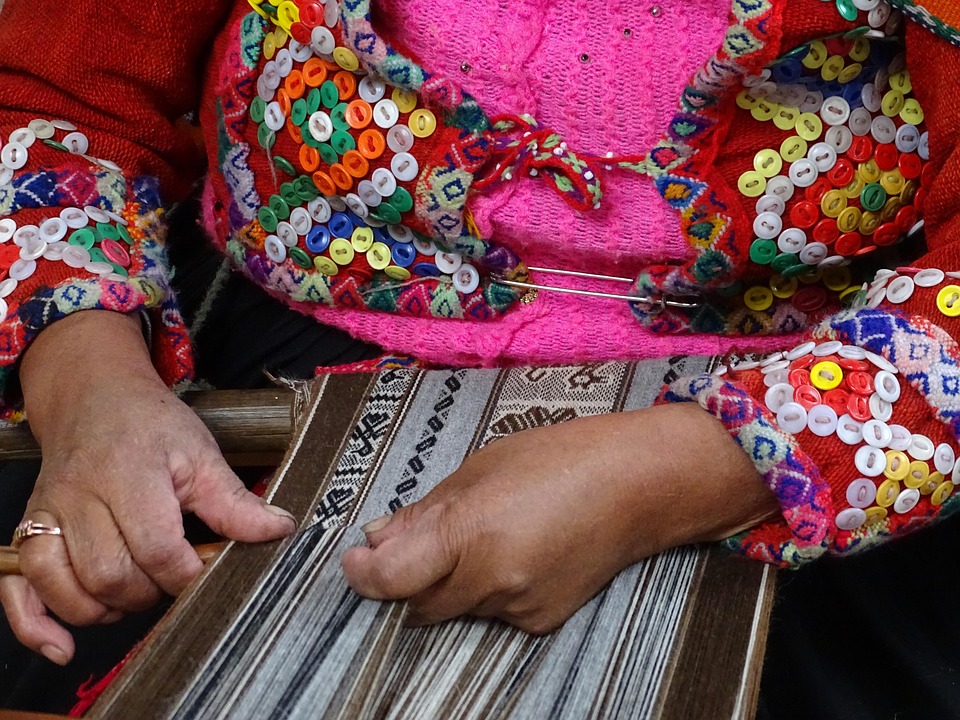Essential Interview Guides for Community Arts Workers: Tips and Best Practices
Navigating the world of community arts can be both exhilarating and daunting. The blend of creativity and social engagement makes it a unique field, yet the interview process can often feel like uncharted territory. Here are some invaluable insights to help you shine in your next interview.
1. Understand the Community You Serve
Before stepping into the interview room, it’s crucial to immerse yourself in the community you aim to work with. Research their history, culture, and current challenges. Familiarise yourself with local artists, initiatives, and organisations. This depth of understanding not only demonstrates your commitment but also equips you to discuss how your skills and experiences align with the needs of the community in a meaningful way.
2. Showcase Your Artistic Vision
As a community arts worker, your artistic vision is pivotal. Be prepared to articulate your approach to fostering creativity within the community. Perhaps you have a unique project concept or a method of engagement that has proven effective in the past. Discuss how you envision art as a tool for transformation, touching on personal anecdotes that illustrate your passion and creativity.
3. Highlight Collaborative Skills
Collaboration is the backbone of community arts. Interviewers will be keen to understand your ability to work with diverse groups, from local residents to other organisations. Share examples of past collaborations, focusing on the dynamics of those partnerships. How did you navigate differing opinions? What was your role in facilitating dialogue? Such narratives not only showcase your abilities but also reflect your adaptability and openness.
4. Prepare for Scenario-Based Questions
Interviews for community arts roles often include scenario-based questions aimed at assessing your problem-solving skills. Picture this: a community member is resistant to a new project you’re proposing. How do you respond? Think on your feet and outline your approach, demonstrating empathy, negotiation skills, and a willingness to listen. This kind of preparedness can set you apart from other candidates who may falter under pressure.
5. Be Authentic and Passionate
Authenticity resonates deeply in interviews. Don’t shy away from sharing your personal journey and what led you to pursue a career in community arts. Your passion should be palpable; it’s what will make you memorable. Whether it’s a life-changing experience, a mentor who inspired you, or a transformative project you’ve been part of, these stories can forge a connection with your interviewers.
6. Questions to Ask
An interview is a two-way street. Prepare thoughtful questions that reflect your interest in the role and the organisation. Inquire about their current projects, the community’s involvement, and the team dynamics. Such questions not only exhibit your enthusiasm but also provide insight into whether the organisation aligns with your values and vision.
Final Thoughts
The journey to becoming a community arts worker is as much about self-discovery as it is about professional prowess. By embracing the tips outlined here, you’ll not only navigate the interview process more effectively but also carve a path that resonates with your unique artistic identity. For those seeking further insights into crafting exceptional CVs, CVPortal continues to provide a wealth of high-quality reference materials tailored to your needs.


